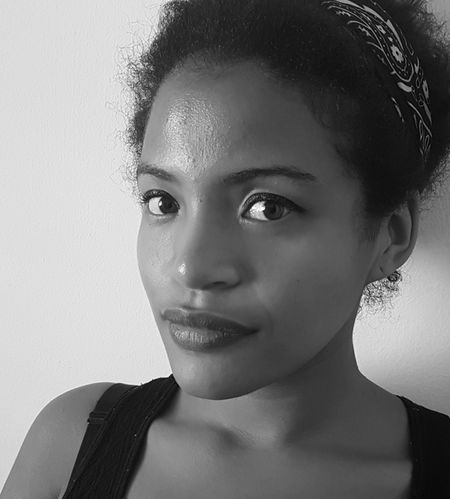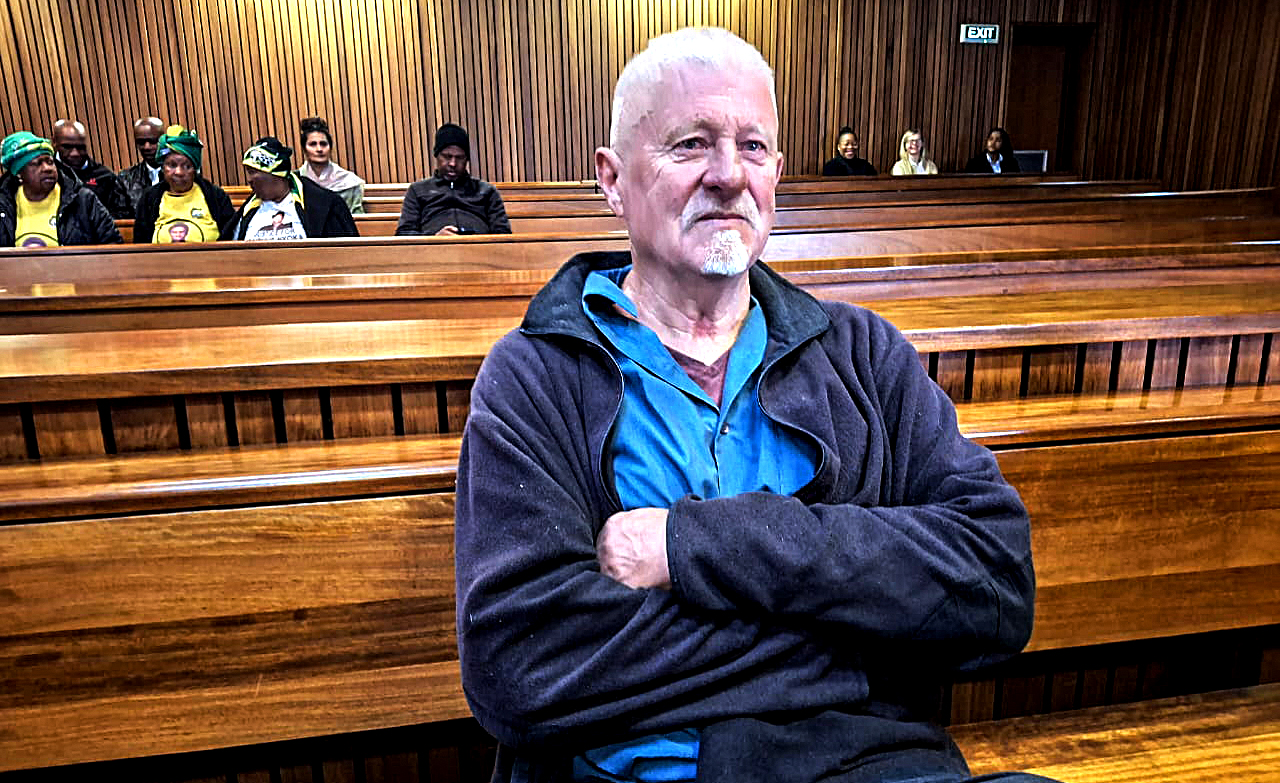“Significant and impactful” – this is how the National Prosecuting Authority (NPA) has described the 15-year direct imprisonment sentence of apartheid-era cop Johan Marais. This is the NPA’s first sentence in the high court on matters related to the Truth and Reconciliation Commission.
On Thursday, 10 July, the Gauteng Division of the High Court in Pretoria handed down the sentence to the former section leader of Reaction Unit 6 in Dunnottar for the murder of anti-apartheid activist Caiphus Nyoka.
Marais had pleaded guilty and was convicted of Nyoka’s premeditated murder, which took place on 24 August 1987.
Before his death, Nyoka was a student activist and a member of the Congress of South African Students (Cosas). He was also the organiser for the South African Youth Congress on the East Rand.
In a statement after Marais was sentenced, the NPA said the sentence reflected the prosecuting authority and the Directorate for Priority Crime Investigation’s (DPCI’s) “commitment to ensuring accountability for atrocious crimes that were referred to the NPA by the TRC”.
These matters, “in their nature and due to the very long lapse of time, disintegration of evidence and lack of availability of critical witnesses, are very difficult to investigate and prosecute”.
This is the first such sentence in the high court on TRC matters.
“This sentence is therefore significant and impactful, not only for the state and society, but most importantly for the victims’ families to finally find closure. The NPA is resolute in ensuring prosecution and justice for the victims’ families,” said NPA regional spokesperson Lumka Mahanjana.
The NPA has been heavily criticised for the lack of prosecution of crimes uncovered during the TRC hearings. In January 2025, Daily Maverick reported that the government, ministers and officials were being taken to court in a bid to end grave injustices and failures related to more than 400 TRC cases that were referred to the NPA in 2003.
Twenty-five families and the Foundation for Human Rights launched a legal application seeking a declaration of their rights, constitutional damages and an order compelling President Cyril Ramaphosa to establish a commission of inquiry into the suppression of TRC cases.
On Wednesday, 30 April 2025, the Presidency announced that Ramaphosa was in the process of establishing a commission that would look into allegations of improper influence in delaying or hindering the investigation and prosecution of apartheid-era crimes that had persisted from previous administrations.
Nyoka’s August 1987 death
According to the NPA, on 23 August 1987, Marais and members of the security police and other units within the South African Police met to discuss a plan to kill Nyoka. One of the men included commanding officer Major Leon Louis van den Berg, who is charged separately for Nyoka’s death.
In the early hours of 24 August 1987, at about 2.30am, Marais, with Sergeant Pieter Stander, Sergeant Abram Hercules Engelbrecht and other members of the Reaction Unit, arrived at Nyoka’s homestead and stormed his room, where he had been sleeping with three of his friends. The friends were removed from the room and police shot Nyoka, nine times.
After a protracted court process, Marais pleaded guilty in November 2024. At the time, the Helen Suzman Foundation said this marked a “critical step in achieving justice for apartheid-era crimes and represents a moment of significance for the Nyoka family, who have waited 37 years for accountability”.
The NPA said that during sentencing arguments, Marais told the court the crime was committed under the instructions of the apartheid regime. He would ask the courts for a sentence of correctional supervision because of his age, medical condition and that he showed remorse.
But the NPA’s team of prosecutors asked for a stringent sentence based on the fact that this had been a planned, brutal killing, in which Nyoka was targeted, isolated from the friends he was with and killed execution-style while half naked and sleeping in his bed.
Even after the passage of 37 years, Marais had still not apologised to the Nyoka family.
There are more inquest cases related to apartheid-era deaths: one is the third judicial inquest into the deaths of the Cradock Four – anti-apartheid activists Fort Calata, Sicelo Mhlauli, Sparrow Mkonto and Matthew Goniwe.
As Daily Maverick reported at the beginning of this inquest, “they were returning to Cradock from Gqeberha (then known as Port Elizabeth) on 27 June 1985 when they were arrested at a roadblock manned by the Security Branch, assaulted and murdered.” DM





 Former apartheid policeman Johan Marais was convicted of murdering Caiphus Nyoka and sentenced to 15 years’ direct imprisonment in the Gauteng Division of the High Court in Pretoria on 10 July 2025. (Photo: Supplied / NPA)
Former apartheid policeman Johan Marais was convicted of murdering Caiphus Nyoka and sentenced to 15 years’ direct imprisonment in the Gauteng Division of the High Court in Pretoria on 10 July 2025. (Photo: Supplied / NPA)